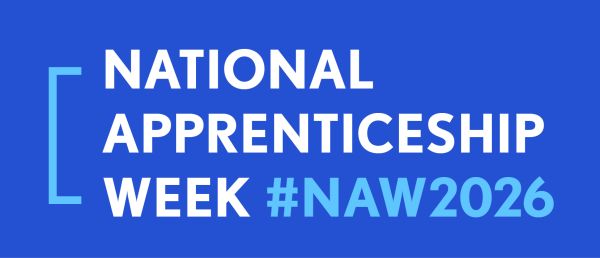- By Rupert Waters, Head of Economic Research, Buckinghamshire Business First
- 24 January, 2019

Share by email
An overview of the changes coming to the UK’s immigration system, something that will have a major impact on many workers and employers.
“Everyone will be required to obtain a permission if they want to come to the UK and to work or study here” (page 8 of the government’s Immigration White Paper).
After Brexit, the free movement of EU citizens will end. The government outlined proposals for “the UK’s future skills-based immigration system” in December’s White Paper. In introducing the new measures the Home Secretary, Sajid Javid, said “this new system will be focused on those with the skills we need, who bring the most benefit to the United Kingdom. Our new route for skilled workers will enable employers – in both the public and private sectors – to access the talent they need”.
The white paper sets out that “after the UK’s exit and following the implementation period, we will end the current free movement system imposed by the EU so that the UK Immigration Rules will apply to EU and non-EU migrants alike” (paragraph 1), going on to note that the rules will “be flexible and provide for different treatment for certain migrants, in ways justified on objective grounds such as skill, immigration and security risk, and international or bilateral agreements” (paragraph 2).
Highly skilled workers and their dependants
The new system will offer access to highly skilled and skilled workers from all countries, with those coming to the UK needing an employer to sponsor them. Where workers meet these requirements they will be able to bring dependants and in some cases settle permanently (paragraph 16). The dependants of such workers will be able to work in low skilled roles, as will students, refugees and those coming on a family or youth mobility visa (paragraph 6.52).
Specialist routes for highly valuable migrants and workers will continue to be in place (paragraph 6.60) so that the very highly skilled, such as scientific researchers, those with a proven track record of success and those with post-doctorate qualifications are accommodated in the system (paragraph 6.61). Tier 1 (exceptional talent) is a “flexible route” for those internationally recognised at the highest level as world leaders in the fields of creative arts and humanities, science, research and engineering, and digital technology, or those who have “demonstrated exceptional promise”. Successful applicants are granted leave for up to five years and are free to work without the need for a sponsor. A Start-Up visa route will launch in the spring.
Low-skilled workers
There will be no explicit work migration route for low-skilled workers, with the possible exception of seasonal agricultural workers (paragraphs 6.53 – 6.55), but there will be no dedicated route for unskilled workers (paragraph 6.51).
The skills threshold is to be set at those holding qualifications from level 3 (such as A levels or an advanced apprenticeship) to level 5 (diplomas of higher education). A second criteria is that a minimum annual salary threshold of £30,000 is passed. This is a lower requirement than currently set for non-EU migrants but reflects the positive economic impact made by workers with intermediate skills (paragraph 6.20).
Transitional period for short-term workers
Acknowledging that “employers have to some extent become reliant on lower skilled workers from the EU for certain jobs”, the white paper proposes a transitional, time limited route for temporary short-term workers, allowing people to come to the UK for a maximum of 12 months, with a 12 month cooling off period (paragraph 26).
A shortage occupation list will continue to be maintained and reviewed to identify the occupations in short supply in the UK. The current list can be found here: https://www.gov.uk/guidance/immigration-rules/immigration-rules-appendix-k-shortage-occupation-list
EU Settlement Scheme employer toolkit
This toolkit contains information with which employers can support EU citizen employees and their families on the EU Settlement Scheme.
Buckinghamshire Brexit Summit
The Buckinghamshire Brexit Summit will offer conversation, reflection, presentations, information, resources and more on what businesses can do to succeed in a post-Brexit world.
The event is free to attend and takes place on March 6th at the University of Buckingham.
Find out more and book your place here >
Brexit in Buckinghamshire homepage
We have a dedicated Brexit page on our website that brings together some of the most pertinent information and resources relevant to businesses as the UK prepares to leave the EU.
Resources cover:
- How to prepare your business for a ‘no deal’ Brexit, including information on changes at the UK border, customs and VAT, importing and exporting, and business supplying services to the EU
- Sector-specific support, including information on what’s changing in your industry and specific rules and regulations to be aware of
- Preparing for EU exit, including information on employing EU citizens, intellectual property, government funding, and public sector procurement







